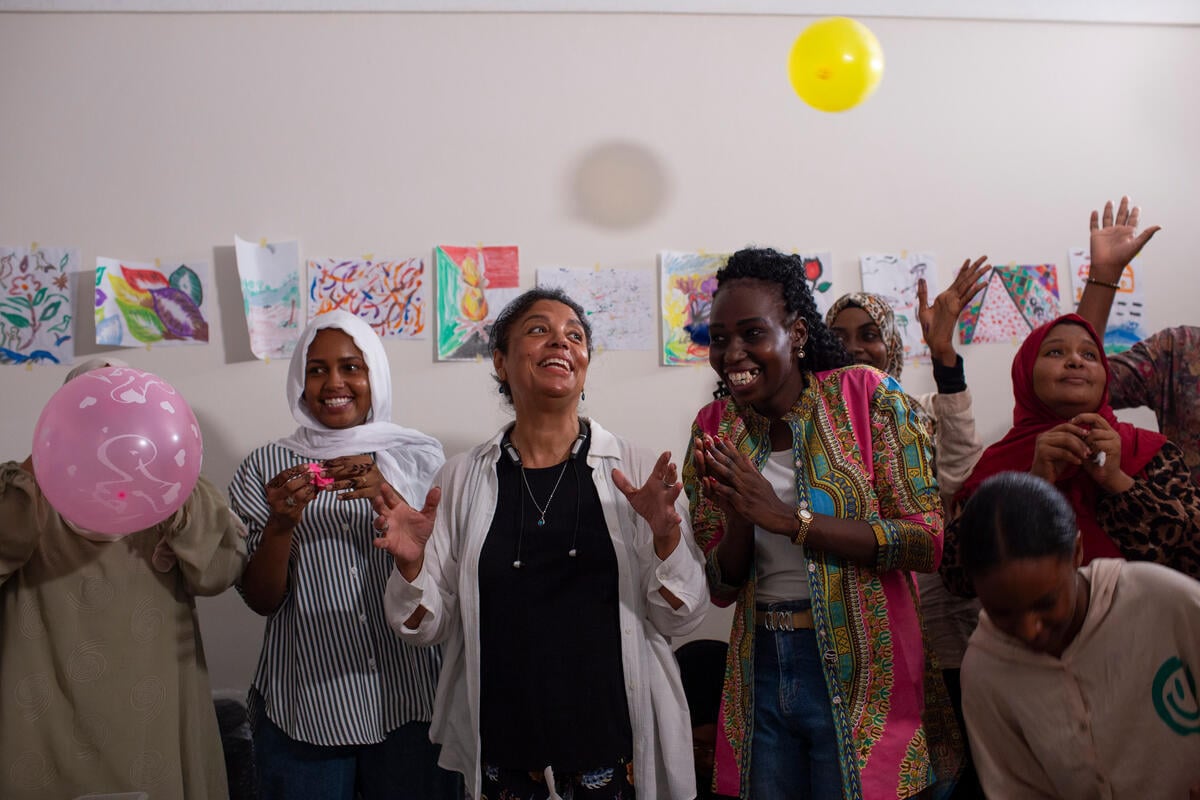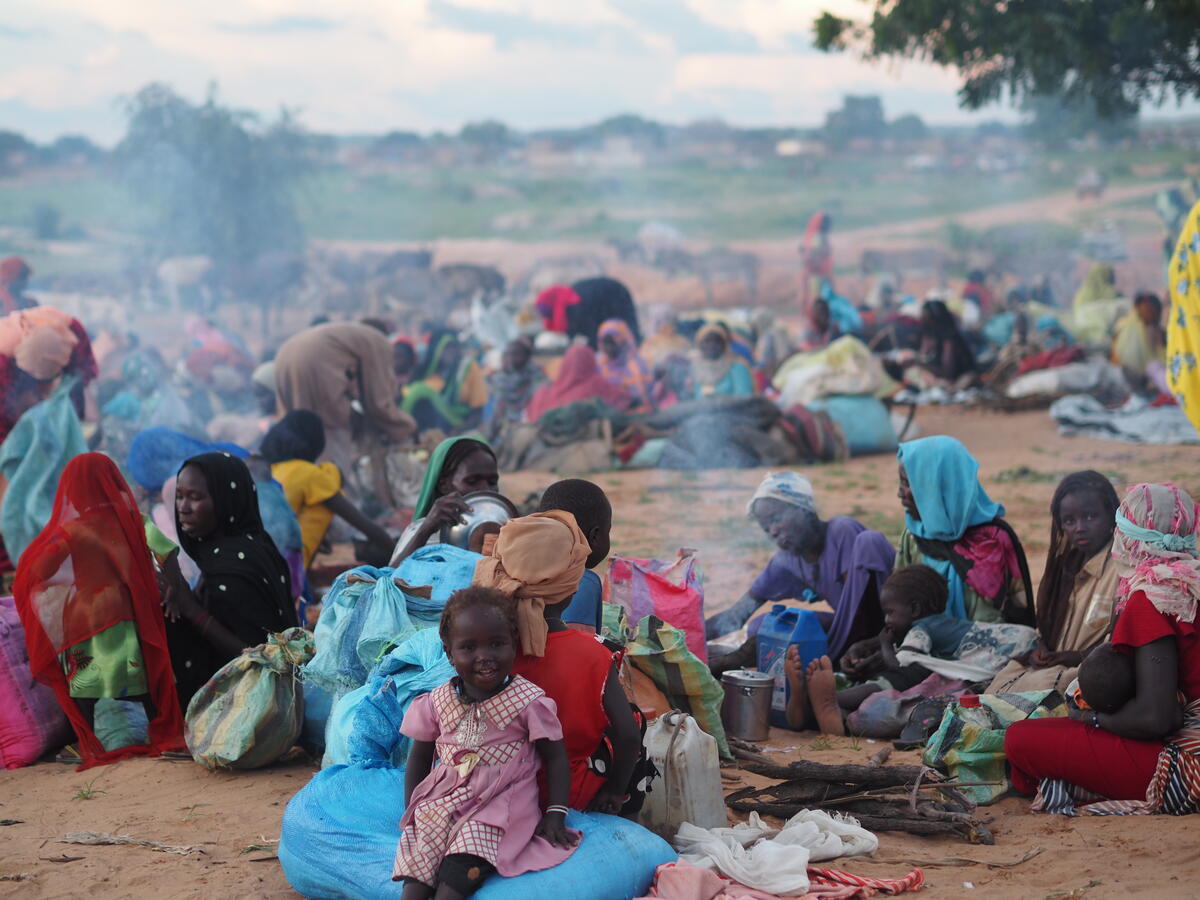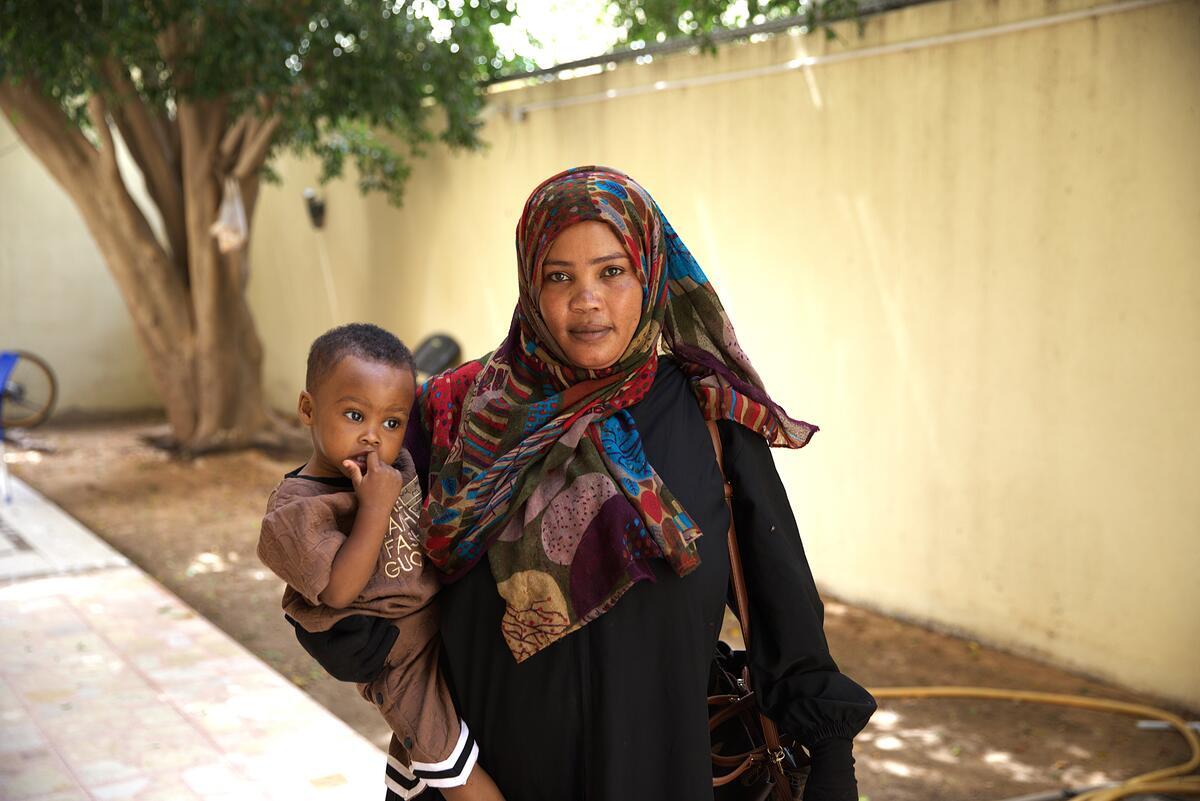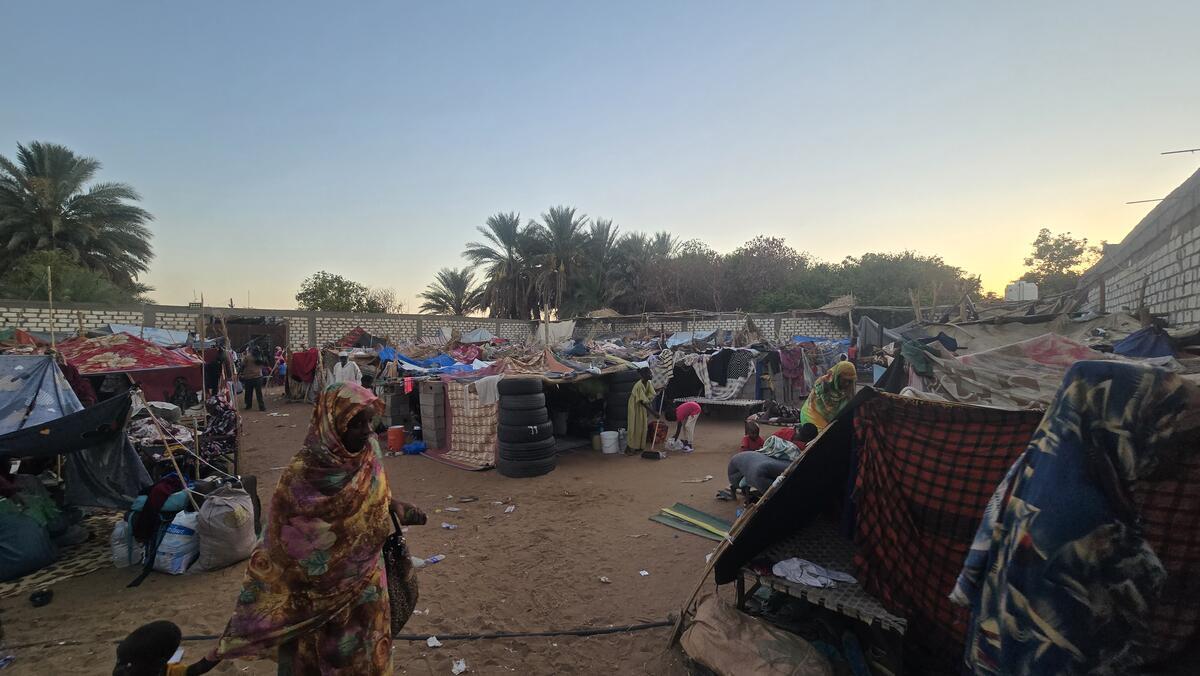Thousands of southerners head south ahead of Sudan's referendum
Thousands of southerners head south ahead of Sudan's referendum
With the Sudan referendum just weeks away, thousands of southerners living in the North are heading back to southern Sudan. Their movement by road, rail, barge and plane is both organized by the South Sudan government and spontaneous.
In the last few weeks nearly 55,000 southern Sudanese have returned to the southern states, mainly to Unity State. Upper Nile, Northern Bahr el Ghazal, Jonglei and Warrap states have also received large numbers of returnees. In the sprawling camps for displaced people around Khartoum, thousands of southerners are packing their belongings and waiting to leave.
The new arrivals are straining a fragile humanitarian environment. Southern Sudan is already dealing with more than 215,000 internally displaced people who have been uprooted by ethnic clashes, rebel attacks or other forms of insecurity since January.
Last week we began distributing aid to some of the 35,000 returnees in and around the town of Abyei. These are people who came from Khartoum with the help of local authorities and they are benefiting from emergency shelter kits.
We have also mobilized resources to respond to possible increases in humanitarian needs elsewhere by shipping and pre-positioning essential humanitarian supplies, including in surrounding countries. At the same time, UNHCR is setting up reception centers along the way in Sudan to assist people during their journey and strengthening its presence and capacity in key southern states and counties.
Since the signing of the Comprehensive Peace Agreement between the Sudanese government and the southern Sudan rebel group, the SPLA, that ended the North-South war in 2005, two million displaced people have returned to their communities in southern Sudan and the so-called 'Three Areas' of Abyei, Blue Nile, and Southern Kordofan. Another 330,000 refugees returned from exile, the majority of them with the help of UNHCR.
Achieving durable solutions for these returnees remains difficult due to rising insecurity and limited access to services, livelihoods and infrastructure. UNHCR will continue to focus on the returnees and work to ensure their successful integration into southern Sudan society.









